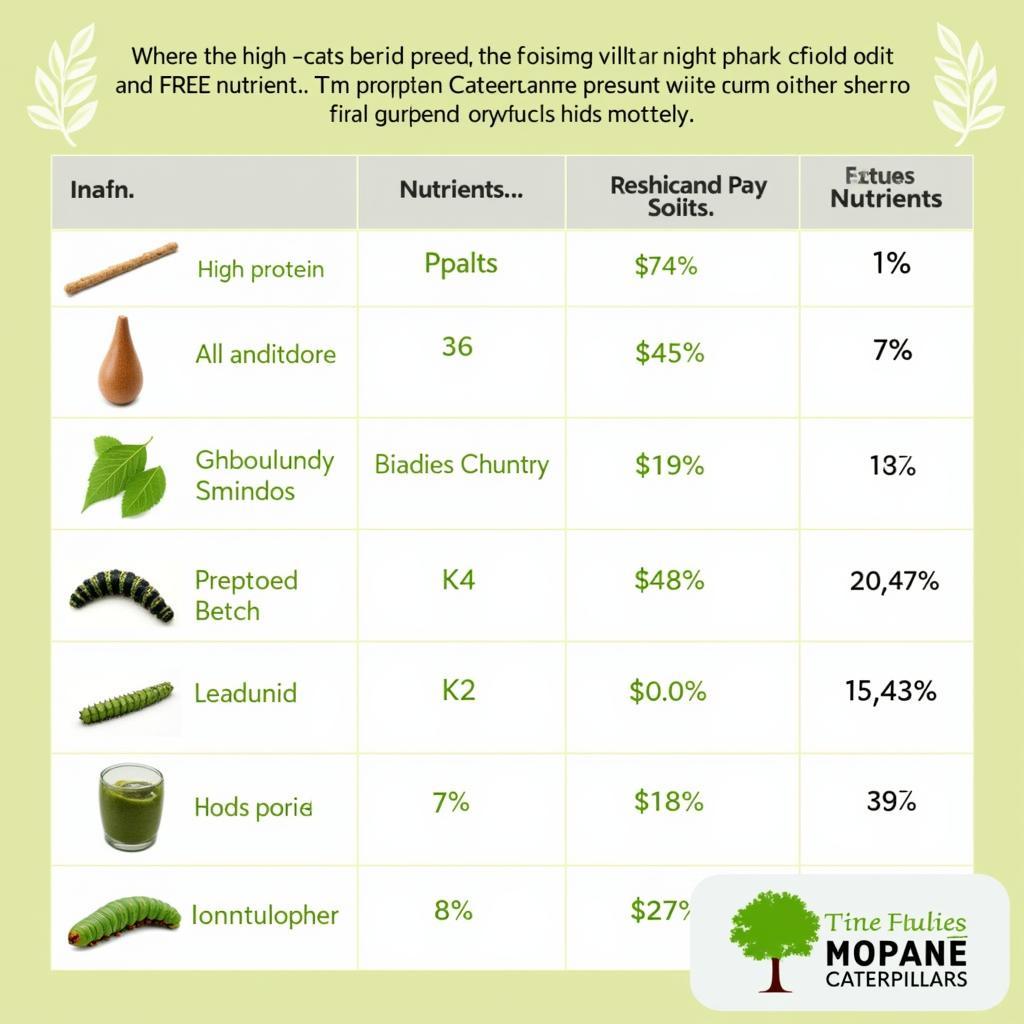African Grey Parrot Care UK: A Comprehensive Guide
Owning an African Grey parrot in the UK is a rewarding experience, but it requires dedicated care and understanding. This guide provides comprehensive information on African Grey parrot care in the UK, covering everything from diet and housing to enrichment and health. Let’s dive in!
Understanding Your African Grey
African Greys are highly intelligent and social creatures. They require a stimulating environment and a strong bond with their owners. Understanding their specific needs is crucial for their well-being. These intelligent birds thrive on interaction and mental stimulation. Ignoring their social needs can lead to behavioural problems.
Setting up the Perfect Home for Your African Grey
A spacious cage is essential for your African Grey. It should be large enough for them to fully extend their wings and move around comfortably. Provide a variety of perches of different sizes and textures. This promotes foot health and prevents boredom. Toys and enrichment activities are also vital. Puzzles, foraging toys, and destructible wood keep them mentally stimulated.
Providing a stimulating and safe environment is paramount.
Diet and Nutrition for a Healthy African Grey
A balanced diet is crucial for your African Grey’s health and longevity. A high-quality parrot pellet should form the basis of their diet, supplemented with fresh fruits, vegetables, and healthy treats. Variety is key! Learn more about their favourite treats here: african grey favorite treats. Avoid feeding them avocado, chocolate, caffeine, and alcohol as these are toxic to parrots.
Grooming and Hygiene for Your Feathered Friend
Regular grooming is essential for maintaining your African Grey’s health and appearance. african grey grooming provides helpful advice on this important aspect of their care. Bathing helps keep their feathers clean and prevents feather plucking. Regular nail trims and beak maintenance are also necessary.
Health Concerns and Veterinary Care
Regular check-ups with an avian veterinarian are crucial for preventing and treating any health issues. Being proactive about their health can prevent serious problems later on. Knowing the signs of illness in African Greys is also important. Changes in appetite, droppings, or behaviour can indicate a problem. If you’re considering rescuing a Grey, african grey parrot rescue uk is an excellent resource.
What are common health issues in African Greys?
Common health issues include feather plucking, respiratory infections, and calcium deficiency.
How often should I take my African Grey to the vet?
Annual check-ups are recommended for healthy birds.
Enrichment and Mental Stimulation
Keeping your African Grey mentally stimulated is vital for their happiness and well-being. Provide a variety of toys, puzzles, and opportunities for social interaction. Rotate toys regularly to prevent boredom. Training and teaching tricks can also provide mental stimulation.
What are some good enrichment activities for African Greys?
Foraging toys, puzzle toys, and interactive play sessions are excellent enrichment activities.
Finding a Reputable Breeder or Rescue Organisation
If you’re ready to welcome an African Grey into your life, finding a reputable breeder or rescue organisation is crucial. Research thoroughly and ask questions. african grey rescue provides valuable information and resources.
“A stimulating environment is paramount for an African Grey’s happiness,” says Dr. Ava Thompson, avian veterinarian. “They are highly intelligent birds and require mental challenges just as much as physical care.”
Where can I find a reputable African Grey breeder in the UK?
The Parrot Society UK is a good starting point for finding reputable breeders.
The Importance of Socialization
African Greys are highly social birds and need plenty of interaction with their human flock. Spending quality time with your bird every day is crucial. Talking, playing, and even just being in the same room strengthens your bond.
“Socialization from a young age is key to a well-adjusted African Grey,” says Emily Carter, a parrot behaviorist. “Early exposure to different people, sounds, and environments helps them develop into confident and well-behaved companions.”
You can explore more about African culture and food at african food online.
Conclusion
Providing proper African Grey parrot care in the UK involves commitment, patience, and understanding. By following this guide and dedicating yourself to meeting their needs, you can enjoy a long and rewarding relationship with your intelligent, feathered companion. Remember that responsible ownership is key to ensuring their health and happiness.
FAQ
- What is the average lifespan of an African Grey? African Greys can live for 50-80 years.
- Are African Greys noisy? They can be vocal, especially in the morning and evening.
- Do African Greys need a lot of attention? Yes, they thrive on interaction and need daily attention.
- Can African Greys talk? They are renowned for their ability to mimic human speech.
- What is the best cage size for an African Grey? The larger the better, but aim for a minimum of 3ft x 2ft x 4ft.
- What should I do if my African Grey starts plucking its feathers? Consult an avian veterinarian immediately.
- What kind of toys do African Greys enjoy? They enjoy a variety of toys, including puzzles, foraging toys, and destructible wood.
Other questions we often receive include:
- What are the legal requirements for owning an African Grey in the UK?
- How do I train my African Grey to talk?
- What are the signs of a healthy African Grey?
For further information, explore other articles on our website related to African Grey parrot care, diet, and behaviour.
If you need assistance, contact us at Phone Number: +255768904061, Email: kaka.mag@gmail.com or visit our address: Mbarali DC Mawindi, Kangaga, Tanzania. We have a 24/7 customer service team.




